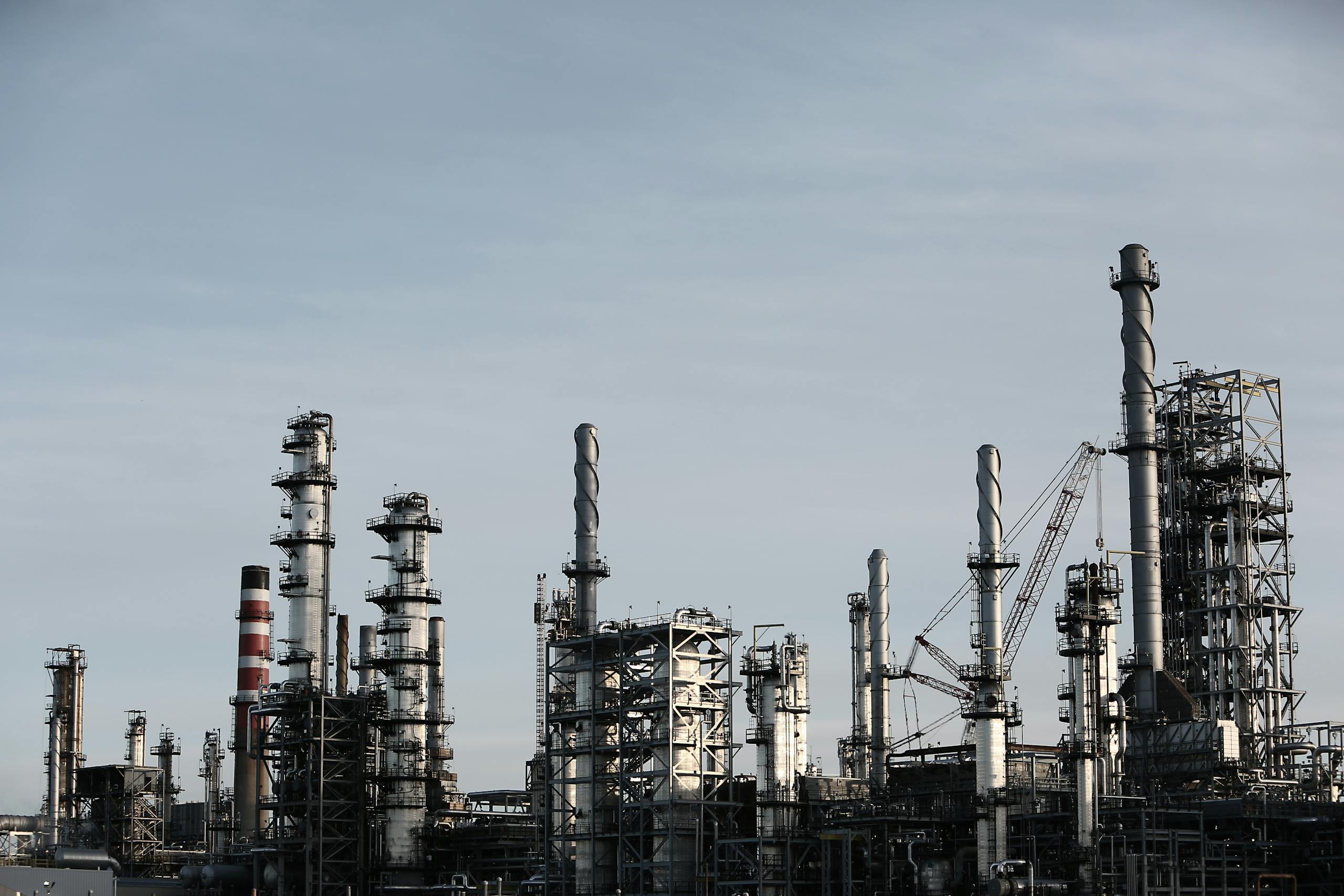AI in Oil and Gas Industry: Transforming Operations Through Advanced Technology
The oil and gas industry is embracing Artificial Intelligence (AI) to overcome challenges such as fluctuating energy prices, operational inefficiencies, and environmental concerns. AI is enabling companies to optimize operations, reduce costs, and make better decisions through advanced analytics and predictive technologies.
Why AI is Critical for the Oil and Gas Industry
The oil and gas sector is characterized by complex processes and high stakes. From exploration to production, every stage demands precision, efficiency, and safety. Traditional methods often fail to meet these demands, but AI offers solutions that drive significant improvements in:
- Operational Efficiency: AI-powered algorithms analyze massive amounts of data to identify inefficiencies and recommend process optimizations.
- Cost Reduction: By predicting equipment failures and optimizing resource allocation, AI helps minimize downtime and reduce unnecessary expenses.
- Environmental Sustainability: AI technologies enable better monitoring and management of environmental impact, helping companies adhere to regulations and reduce carbon footprints.
Key Applications of AI in the Oil and Gas Industry
1. Predictive Maintenance
AI-driven predictive maintenance uses sensor data and machine learning algorithms to forecast equipment failures before they occur. This reduces downtime and saves millions in maintenance costs.
2. Exploration and Drilling Optimization
AI helps geoscientists analyze seismic data and identify promising drilling sites with greater accuracy. This improves resource discovery rates and reduces exploration costs.
3. Real-Time Monitoring and Decision Support
AI-powered systems provide real-time insights into field operations, allowing companies to respond quickly to changing conditions and make data-driven decisions.
4. Supply Chain and Logistics Optimization
AI streamlines supply chain operations by optimizing transportation routes, inventory management, and demand forecasting.
5. Enhanced Safety and Risk Management
AI-powered monitoring systems can detect potential hazards and ensure compliance with safety regulations, reducing the risk of accidents.
Benefits of AI Adoption in Oil and Gas
- Increased Profitability: AI-driven efficiencies and cost reductions lead to higher profit margins.
- Better Decision-Making: Advanced analytics provide actionable insights that improve strategic planning.
- Improved Sustainability: AI helps companies minimize environmental impact and meet sustainability goals.
- Enhanced Safety: Automated systems reduce human error and improve workplace safety.
Challenges in Implementing AI in Oil and Gas
While the benefits of AI are compelling, its adoption in the oil and gas sector faces challenges such as:
- High Initial Investment: Deploying AI systems requires significant upfront costs.
- Data Integration: Legacy systems and siloed data can hinder AI implementation.
- Workforce Readiness: Employees need upskilling to work alongside AI technologies.
The Future Outlook
The role of AI in the oil and gas industry is set to expand further. Emerging technologies such as edge computing, IoT, and advanced machine learning models will drive even greater efficiencies and innovations. Companies that invest in AI now will gain a competitive edge, ensuring long-term growth and sustainability.
Final Thoughts
Artificial Intelligence is reshaping the oil and gas industry, offering solutions to long-standing challenges and paving the way for a more efficient, sustainable future. By leveraging AI, companies can enhance productivity, reduce costs, and remain competitive in a rapidly evolving market.
Ready to embrace the future of AI in oil and gas? Contact Factory Neural today to learn how we can help your business thrive.

